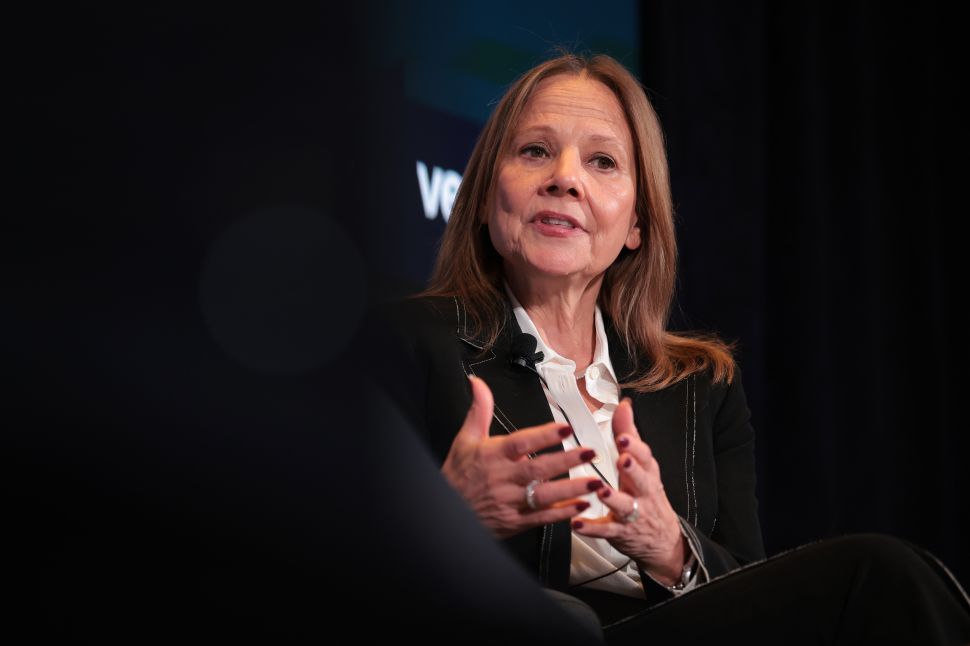General Motors and Ford (F) say consumers shouldn’t expect immediate price hikes on cars, even as the companies brace for the financial hit from President Trump’s newly clarified tariffs on imported autos and parts. GM CEO Mary Barra and Ford CEO Jim Farley both signaled this week that while the levies will cost billions, their companies will absorb the initial impact—at least for now.
After months of uncertainty, the Trump administration’s updated tariff guidelines—announced earlier this week—offered some relief by capping auto-related tariffs at the highest applicable rate rather than stacking multiple levies. That shift helped GM calculate its projected tariff cost for the year: between $4 billion and $5 billion, said Barra in a shareholder letter yesterday (May 1).
“The clarity we got was so important because it allows us to make decisions for our footprint in the U.S. and North America,” Barra told CNN yesterday. GM, which manufactures about half of its U.S.-sold vehicles abroad, will be impacted by both a 25 percent tariff on imported vehicles that took effect last month and an additional 25 percent tariff on auto parts set to begin May 3.
To counter the tariff costs, GM plans to expand domestic production, including an additional 50,000 trucks annually at its Fort Wayne, Ind. plant. But Barra insisted the increased costs will not be passed on to consumers. “Pricing is going to stay at about the same level,” she said, adding that GM will remain “very disciplined” about offering pricing incentives.
Ford has taken a different route by leveraging promotions. Last month, the company began extending its employee discount to all buyers on 2024 and 2025 models, resulting in a double-digit sales increase, according to Farley. “”Our inventories are shrinking at the dealers,” he told CNN yesterday, adding that the discount program will now continue through July.
Farley, however, was more cautious about the long-term effect of tariffs. “We have a lot of parts that come from overseas that have multiple tariffs—some of our parts went from 0 tariffs to 140 percent tariffs,” he said. Trump’s decision to eliminate levy stacking, he said, “clarifies things” but doesn’t rule out eventual price increases.
Ford manufactures roughly 80 percent of its U.S. vehicles domestically and is waiting to see how rivals respond to the tariffs before adjusting its pricing strategy. Farley said the company will reveal its estimated tariff costs next week when it reports earnings.

